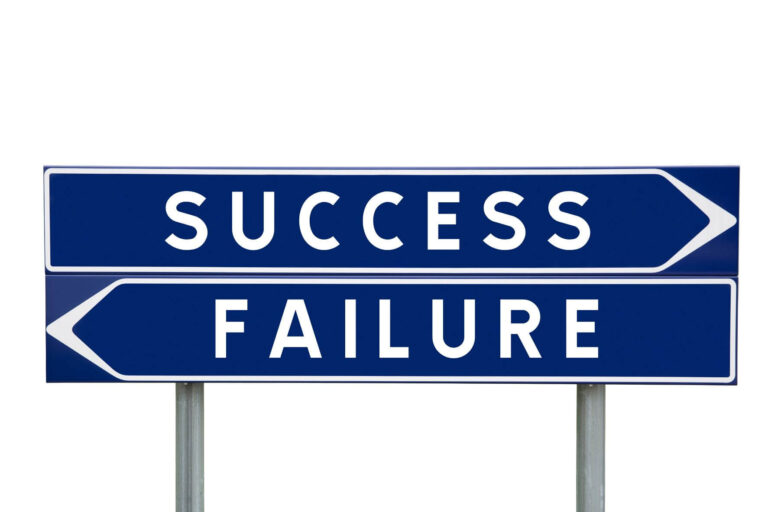
The difference between economic growth and economic development is that growth has to do with increasing the productivity and income of a territory. For its part, development focuses on measuring improvements in the living conditions of a population.
Difference between Economic Growth and Economic Development
In this sense, the concepts of economic growth and development are essential to evaluate the performance of the countries with respect to the achievement of their economic and social objectives.
However, the relationship between economic growth and development is unbalanced. A country can increase its income and productivity, but this is not always reflected in its development rates.
On the other hand, when a population achieves individual improvements from the increase in its income, this has an impact on the economic growth of the territory they occupy.
Economic Growth
Economic growth is understood as the increase in the income of a locality, territory or country. These revenues are generated by an increase in the productive capacity or by a rise in the price of its goods and services, which is reflected in its Gross Domestic Product (GDP).
Economic theory holds that economic growth brings with it further development. However, practice has shown that inefficient management of the income received by the State or the lack of coherent and sustained economic and social policies can impede such development.
Factors influencing Economic Growth
- There are several factors that influence the economic growth of a country, such as:
- A positive trade balance: the relationship between what is imported and what is exported is favorable for the country).
- Increase in the labor force: it is assumed that the greater the employment, the greater the productivity.
- Increase in production: the goods and services produced stimulate consumption.
- Political stability: generates confidence in internal and external investors.
- Innovation and technology: they can directly influence productivity.
- Capital accumulation: represented in the saving capacity of the population.
- Consumption level: the higher the consumption, the higher the growth is assumed.
- Investment expenses: money managed by the State to increase production.
- Income per capita: at higher incomes, higher economic growth.
Economic Development
Economic development is a macroeconomic concept linked to the increase in qualitative indices of a given population.
In economic theory, development indicates an improvement in people’s living conditions. It is assumed that this has an impact on the economic growth of a country, since the increase in income generates a higher level of consumption of products and services.
Similarly, it is understood that an improvement in the population’s living conditions increases their opportunities to actively participate in the productive process of a country, reducing inequality.
On the other hand, while development is closely linked to economic growth, it does not necessarily depend on it. A population can improve its living conditions for other reasons, such as foreign aid or the growth of the informal economy (which is not taken into account when measuring economic growth).
Since quantitative indices are not sufficient to measure the increase in well-being, the United Nations Development Program (UNDP) created the Human Development Index (HDI) in 1990.
This indicator is used to measure the quality of life of citizens based on three factors:
- Life expectancy: average years of life of the population.
- Education: includes the literacy rate and access to basic, middle and higher education.
- Income per capital: measured by GDP and purchasing power of the population.
Factors influencing Economic Development
In order for tangible and sustainable economic development to be generated over time, the interrelation of multiple quantitative and qualitative factors is required. Some of the essentials would be:
- Economic growth: can influence the increase in income of the population.
- Social institutions: State, forms of social organization, laws, traditions, etc.
- Infrastructure: access to means of transport and communications affect productivity and quality of life.
- Legal certainty: stimulates the purchase of properties for production.
- Land productivity: a strengthened agricultural sector has an impact on development.
- Anti-corruption laws: the less corruption, the greater the opportunities for economic development.
- Individual and collective values: they have a direct impact on development by stimulating or preventing it according to dominant beliefs or practices.





